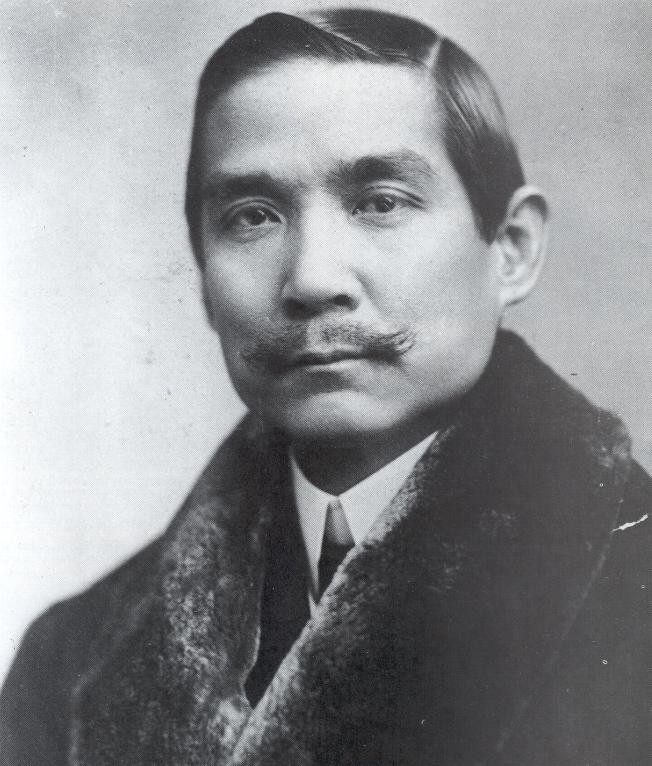Headed by President Ma Ying-jeou, the citizens of Taiwan commemorated the 148th anniversary of the birth of the founder of the ruling Kuomintang Party, Sun Yat-sen, on Nov. 12.
Dr. Sun Yat-sen, more popularly known as the "forerunner of democratic revolution," was born on Nov. 12, 1866. He played a significant role in overthrowing the Qing dynasty prior to the Double Ten Revolution.
On his birthday this year, the Hong Kong-born Taiwanese leader laid flowers and paid respects to his statue that stood as a beacon in Taipei.
In Taiwan, Sun's date of birth is a national holiday and celebrated as the Doctors' Day and the Cultural Renaissance Day.
During his lifetime, Dr. Sun was able to end over two millennia of feudal rule in mainland China. In 1912, he fathered the Republic of China, a nation independent from Beijing now more popularly known as Taiwan.
He also served as the Provisional President of the Republic and later co-founded the ruling Kuomintang (KMT) Party in the country.
He is widely admired by people from the mainland as well as Taiwan because of his image as a uniting figure in post-Imperial China, which remains unique among Chinese politicians even in the 20th century.
Though he was later considered as one of the greatest leaders in Chinese history, Sun's life, particularly his political venture, had been spent in constant exile and struggle as he immediately resigned after the Beiyang Army pushed him to step down from his post.
Some of his most unforgettable legacies include the Three Principles of the People, a political philosophy that has often been translated to include nationalism, democracy and the people's livelihood.
After he died of liver cancer at the age of 58 on March 12, 1925, Sun Yat-sen's remains were placed in a Buddhist shrine in the Western Hills near Beijing called the Temple of Azure Clouds.
A mausoleum was later built in Nanjing where his body now lays since it was relocated on June 1, 1929.



























